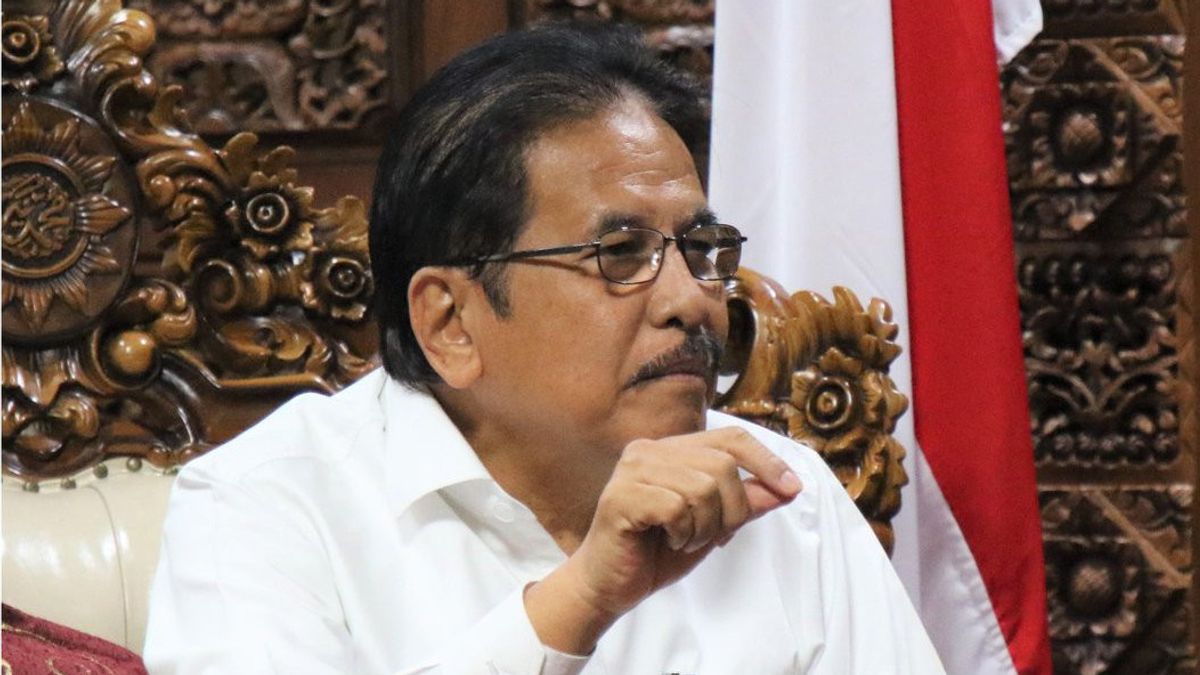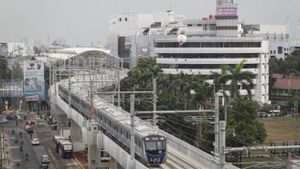JAKARTA - Discussions regarding land banks have taken a long time. And finally, the article regarding land bank appeared in the Omnibus Law although it was still very limited.
Indonesia Property Watch CEO Ali Tranghanda appreciates this even though he sees that it is still far from being realized. The land bank concept should be able to provide a breath of fresh air for the fulfillment of housing needs for Low-Income Communities (MBR) and urban communities.
With a land bank, this means that the increase in existing land can be controlled so that it is possible that it is still affordable. The concept of a land bank itself is an instrument to control land prices and was also proposed by Indonesia Property Watch since 2009.
Articles regarding land banks in the Omnibus Law are discussed in articles 125 to 130, where the formation is carried out by the central government. At least 30 percent of the state land is earmarked for land banks and will be managed by a regulatory body. In its implementation, the land bank will be granted management rights in the form of land use rights, building use rights and usage rights.
"Even so, Indonesia Property Watch sees that there is no specific thing aimed at providing housing for the people. There needs to be a separate discussion and article regarding the availability of land banks for low-income and urban housing, considering that currently land banks are more focused on providing land for public purposes. , social interests, and to support investment for special economic areas (KEK) and industry, "Ali said in his statement to VOI , Monday, October 12.
In this regard, according to Ali, it would be better if a land bank for housing should be under a housing agency and not be merged with the land bank supervisory board. This housing agency will later be under the president, given the cross-ministerial characteristics of housing, starting from the Ministry of PUPR, Ministry of Finance, Ministry of Home Affairs, Ministry of Trade, Ministry of ATR / BPN, to Ministry of Social Affairs.
Ali said that the land bank for residential purposes will not only come from existing state land, it does not have to be through land purchases. In fact, according to him, BUMN / BUMD lands must be partially prepared as land banks, including land which is the obligation of private developers through balanced occupancy.
Not all land for housing provision will have management rights. Management rights are useful because the government can freely regulate the proper use of its land in order to avoid land speculation. However, it needs further affirmation because in the 1960 Basic Agrarian Law there is no regulation regarding management (HPL).
Furthermore, the supply of existing land banks, according to article 137, will be managed and given to the central government; regional government; land bank agency; BUMN / BUMD, and state / regional owned legal entities; or a legal entity appointed by the central government. Strengthening land banks in the regions must also be carried out because it will be closely related to adaptation with local spatial planning.
"The concept of a land bank must be encouraged so that the community can obtain proper housing by controlling land prices, which should be done with this land bank," said Ali.
In addition, to date Indonesia does not yet have a road map and blueprint for housing provision that makes housing programs run individually. The concept of land bank, according to Ali, foreign ownership, housing savings, and others are still pieces of the puzzle that have not been properly connected in a strategic residential planning nationally.
The English, Chinese, Japanese, Arabic, and French versions are automatically generated by the AI. So there may still be inaccuracies in translating, please always see Indonesian as our main language. (system supported by DigitalSiber.id)













